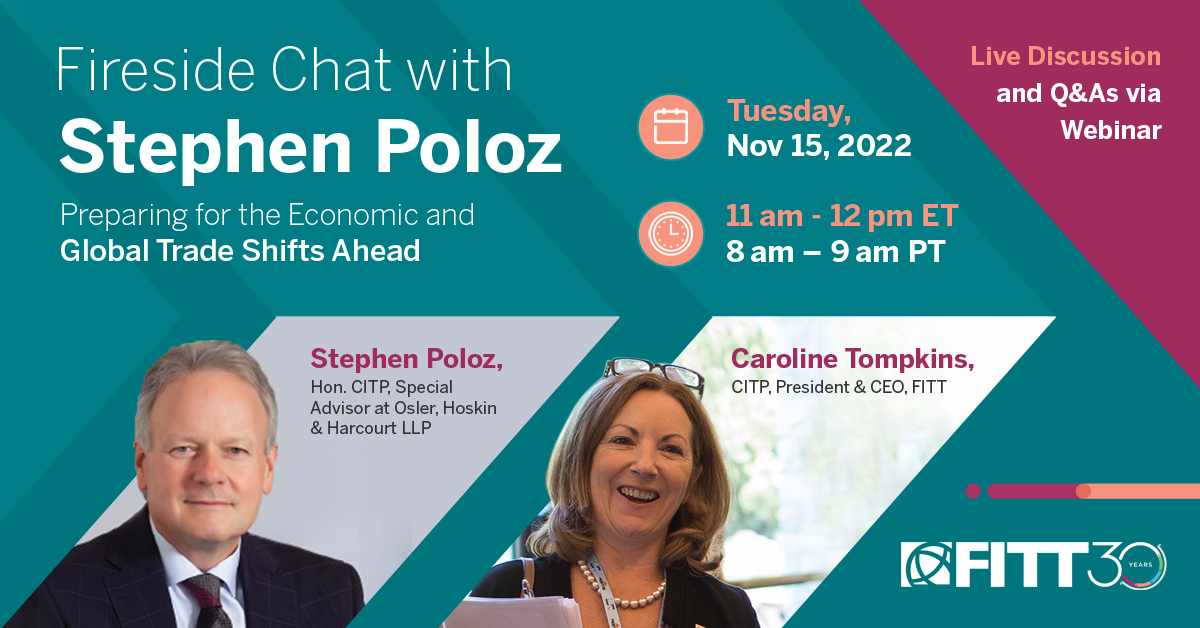 Google or not to Google? That is the question. Or rather, when it comes to translation, that’s one of the questions a new exporter may ask. That’s because free translation online—what the translation industry calls machine translation, or MT—can be really tempting to time- or budget-pressed exporters.
Google or not to Google? That is the question. Or rather, when it comes to translation, that’s one of the questions a new exporter may ask. That’s because free translation online—what the translation industry calls machine translation, or MT—can be really tempting to time- or budget-pressed exporters.
Before you go online too hastily, there are instances when it pays to have a human professional translate your document or website. And there are also instances when you need a machine and a human working together. So how do you know when is which? Ask yourself these questions:
Question #1: How confidential is your information?
If the answer is even just a little bit, go human. In order to improve the future translations their tools provide, machine translators like Bing and Google Translate keep what you put into their sites. So you shouldn’t use the service for anything you don’t want competitors or the general public to see. Since your information stays on their servers, it could potentially be accessed by others. Confidential or proprietary communications—such as contracts or private client communications—should never be run through the machine translation.
Question #2: Is it important to get the translation right?
If there’s a lot riding on this document, go human. If it’s something casual that won’t affect business to a great degree, go machine. Machine translators are great for a one-off or for quick casual emails, but they are not a reliable tool for important international business communications or for legally-binding documents. While machine translation is much better than its reputation leads many to believe, tools like Google Translate are at best 70 percent effective. This means there will be errors in the translation you get back. The question is, are errors okay? Even Google Inc. itself does not use Google Translate for its most important corporate translations, opting to work with professional translation companies instead.
Question #3: Do you need a complete, full understanding or just to know the gist?
Machine translation is a great resource for discrete business use. It can be very helpful if you receive a customer email in a foreign language that you feel is not confidential communication. It can give you a general sense of the subject of the email and whether or not you should invest in professional translation for it or similar documents. Machine translation is also great for stand-alone words or phrases.
Question #4: Do you need it back immediately?
This is an area in which machine translation comes in especially handy. The trick is to balance time concerns with any confidentiality or quality considerations you may have. This is when professional, paid machine translation—as opposed to a free tool like Google Translate—is useful. Many top-line translation companies offer a mix of human and machine translation that our industry calls machine translation post-editing (MT+PE). If you require a real-time, on-demand solution that balances time with quality, this may be the way to go since MT+PE blends advanced machine-technology and human translation to enable speed and improve quality. Working with a private MT engine, as opposed to free ones online, will also ensure your competitors don’t see your translations.
Translation companies—or the good ones at least—are like any other strategic sales partner your company has. Your translation provider should ask about your larger goals and how your current project fits into those goals.
Be wary of any translator—machine or human—that doesn’t add value to your larger communication strategy.
Be even more careful, though, of any partner that blindly dismisses the use of machine translation technology. Even though it’s not perfect, it does have its place. You have to leverage technology to stay ahead of your competitors; your translation partner should as well.
The true danger is using either a machine or a human translator blindly, without thinking about what kind of results you want or what kind of results you’re going to get. Translation done correctly is not a cost center; it’s a profit driver. And just as with any other aspect of your business, you have to ask the right questions in order to get the right returns.








disqus comments